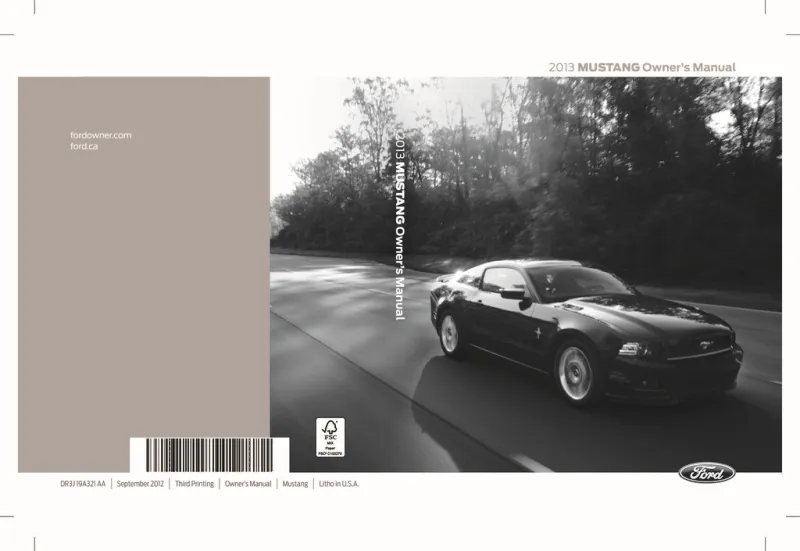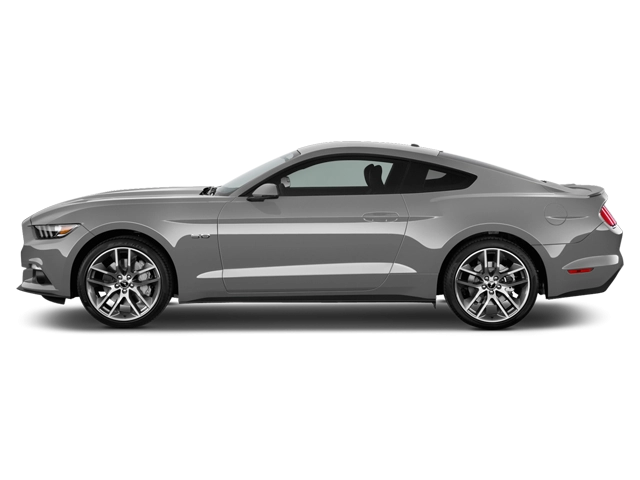2013 Ford Mustang Owner's Manual

Table of Contents
2013 Ford Mustang Overview
Introduction
The 2013 Ford Mustang is a legendary American muscle car that seamlessly blends performance, style, and technology. With a striking design that echoes its iconic heritage, it offers both the thrill of commanding power and the comfort of modern amenities. Whether cruising on the highway or gliding through city streets, the Mustang maintains its status as a symbol of automotive passion and freedom.
Powertrains
This model year presents a variety of potent powertrains to choose from. The base V6 model comes equipped with a 3.7-liter V6 engine, generating an impressive 305 horsepower. For those seeking more excitement, the GT model features a commanding 5.0-liter V8 engine that delivers an exhilarating 420 horsepower. Additionally, the high-performance Shelby GT500 boasts a supercharged 5.8-liter V8, producing a jaw-dropping 662 horsepower. Each engine is paired with either a 6-speed manual or an optional 6-speed automatic transmission, ensuring a thrilling driving experience for all enthusiasts.
Trims
The 2013 Ford Mustang is available in several distinctive trims: the V6, GT, Boss 302, and the Shelby GT500. The V6 trim offers a blend of performance and efficiency, while the GT adds more muscle with enhanced features. The Boss 302 presents track-ready performance and precise handling, whereas the Shelby GT500 showcases the peak of Mustang engineering with extreme power and advanced aerodynamics.
Features
Inside, the Mustang is loaded with modern features that enhance both comfort and convenience. Available options include Ford's SYNC infotainment system, a premium sound system, leather seating, and customizable ambient lighting. Safety features such as stability control, traction control, and advanced airbag systems ensure peace of mind on the road.
Owners Manual
The 2013 Ford Mustang owners manual provides essential information on maintaining and maximizing the performance of your vehicle. It includes guidelines on routine maintenance, troubleshooting tips, and a comprehensive overview of features. This manual is an invaluable resource for any proud Mustang owner, ensuring they get the most out of their iconic car.
User manual download
The Ford Mustang owner manual for the 2013 model year is to be found in PDF downloadable format on this page. The owner manual for the model year 2013 is free and in English, but the repair manuals are usually not easy to get and may cost more.
Manual Questions
Fill the form below and someone will help you!

